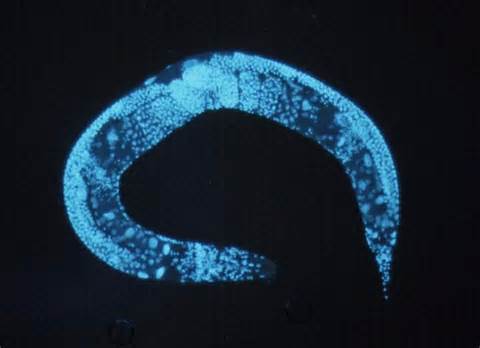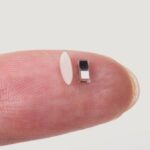December 20, 2014 – NSAIDs are anti-inflammatory drugs commonly used by us to deal with aches and pains. Whenever I have taken them all I get is a stomach ache. But for many who swear by them as the cure for what ails you, you may benefit from something researchers have recently discovered.
These class of drugs when administered in comparable doses to what a human would ingest extend the lives of fruit flies, yeast and worms by 15%. And not only do they increase lifespan, those given the drugs appear to be much healthier.
The research comes from the Buck Institute and the biochemistry department of Texas A&M University. The peer-reviewed paper describing a three-year study appears in PLOS Genetics this month. Beginning with Baker’s yeast and then progressing to fruit flies and worms, the study shows that a particular NSAID, Ibuprofen, interferes with cells picking up a commonly occurring amino acid, tryptophan.
Tryptophan is an essential amino acid that we humans do not produce. We get it from eating plants and animals. When we ingest it, our bodies turn it into serotonin, a chemical regulator that combats depression.
C. elegans, the species of worm used in the study (see image below), normally lives about 3 days. When treated with Ibuprofen, not only did the worms live longer, but they also swallowed food faster and were far more active. One additional note, Ibuprofen-treated worms showed inhibited deposition of amyloid β peptide, a marker in humans for Alzheimer’s disease.
On yeast treated with Ibuprofen the researchers observed slower development and reduced cell size. In every other respect, however, the cells appeared healthy and lived much longer.
The researchers are now seeking out other NSAIDS and anti-inflammatory medications that may produce similar or even better results.
A note of caution, however…..we may live longer and be more active, but without the benefits of tryptophan and its serotonin conversion we may all be more depressed.









